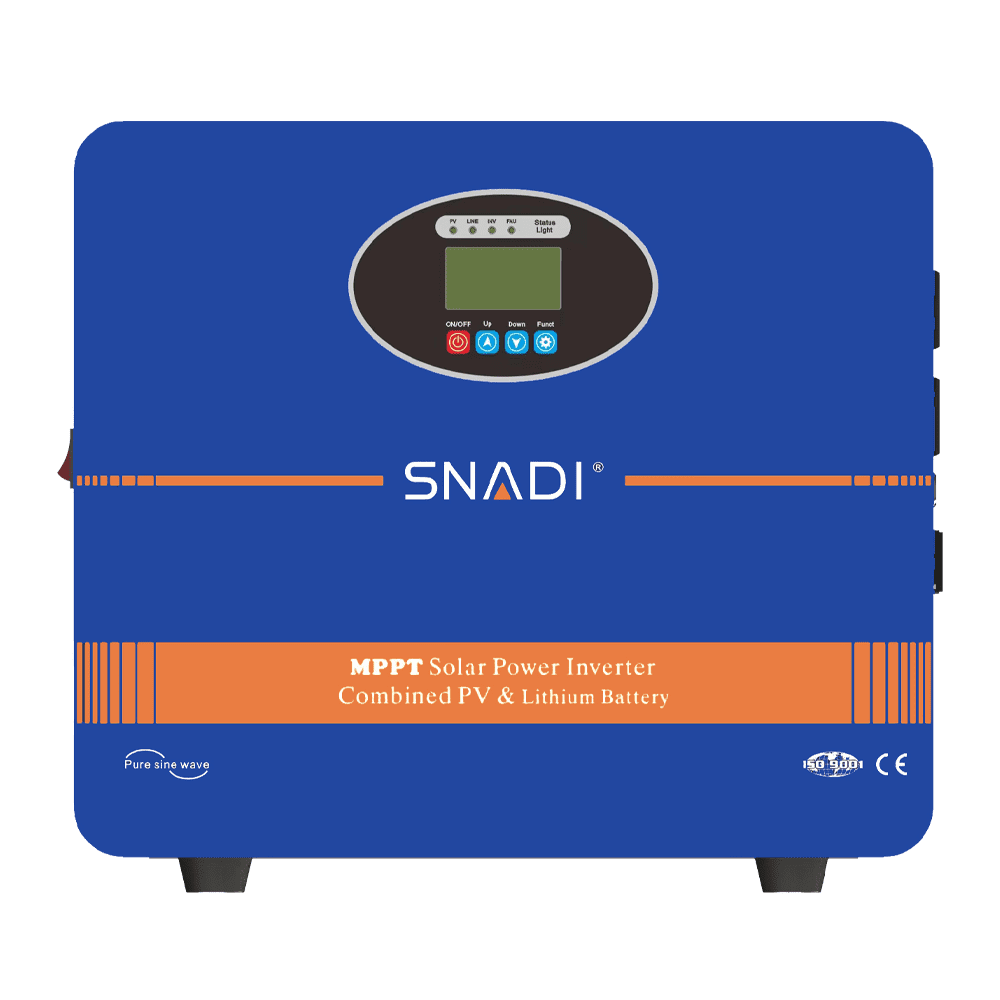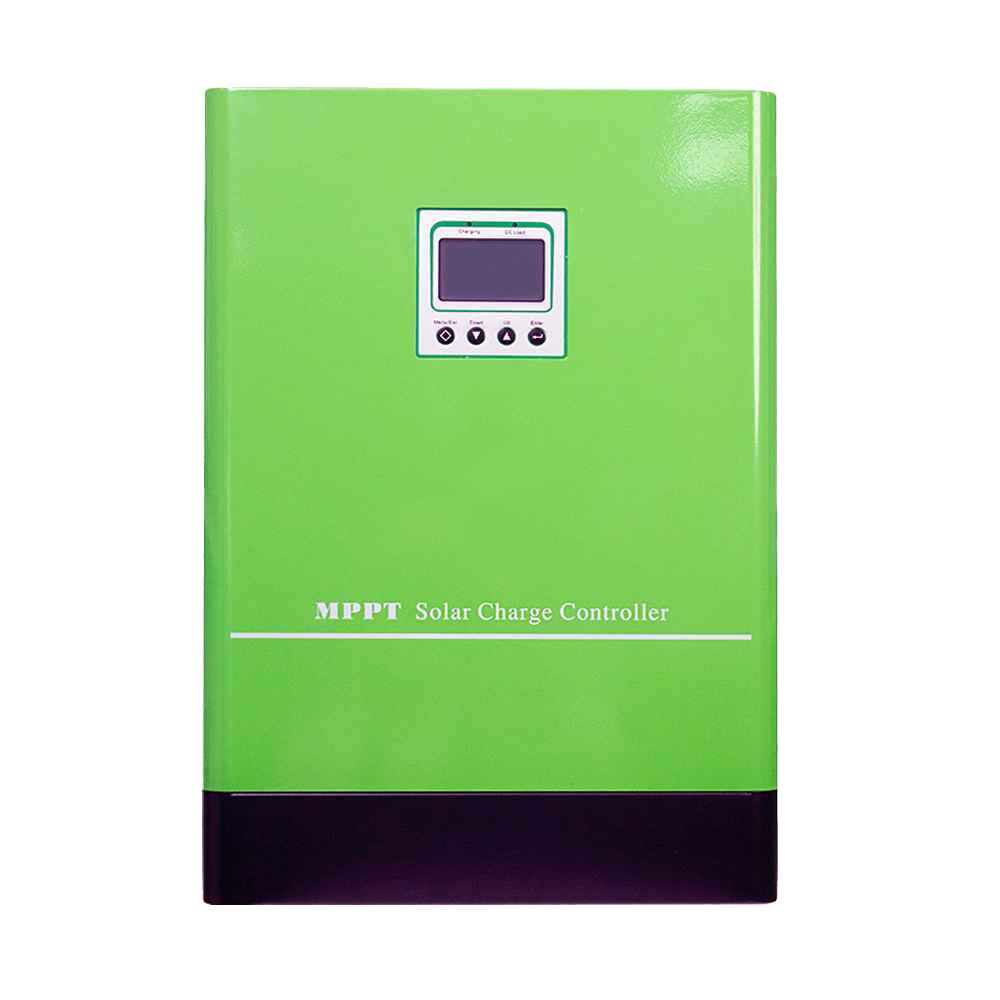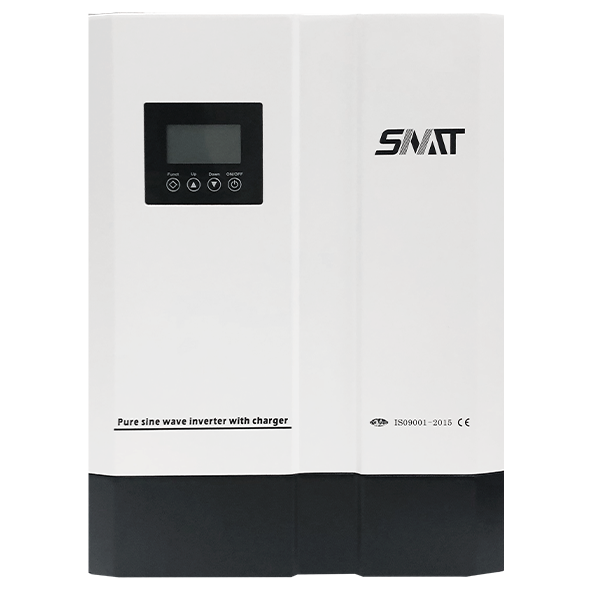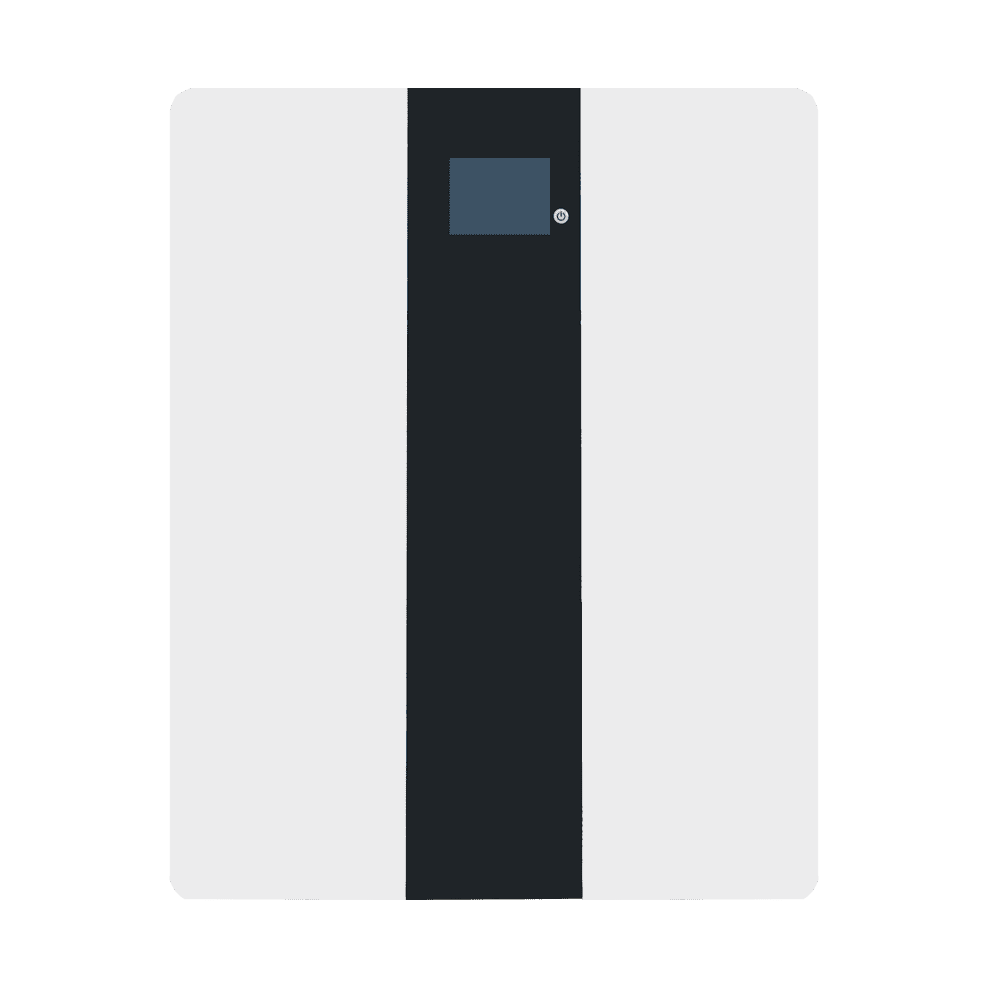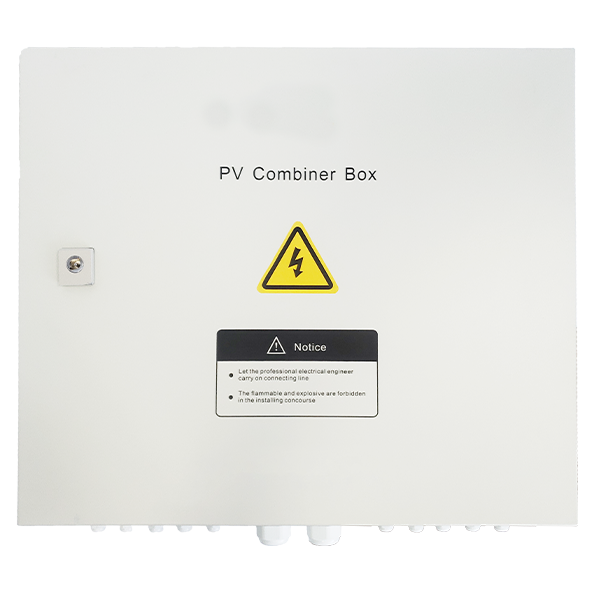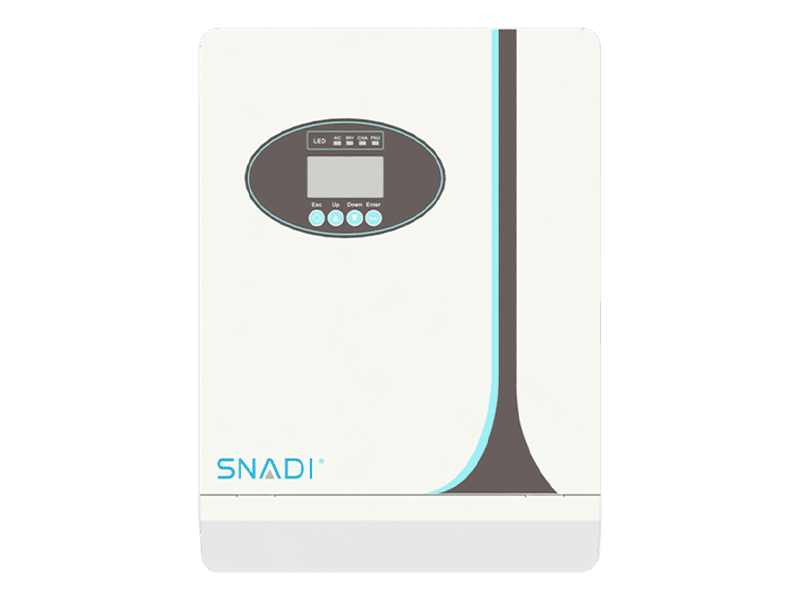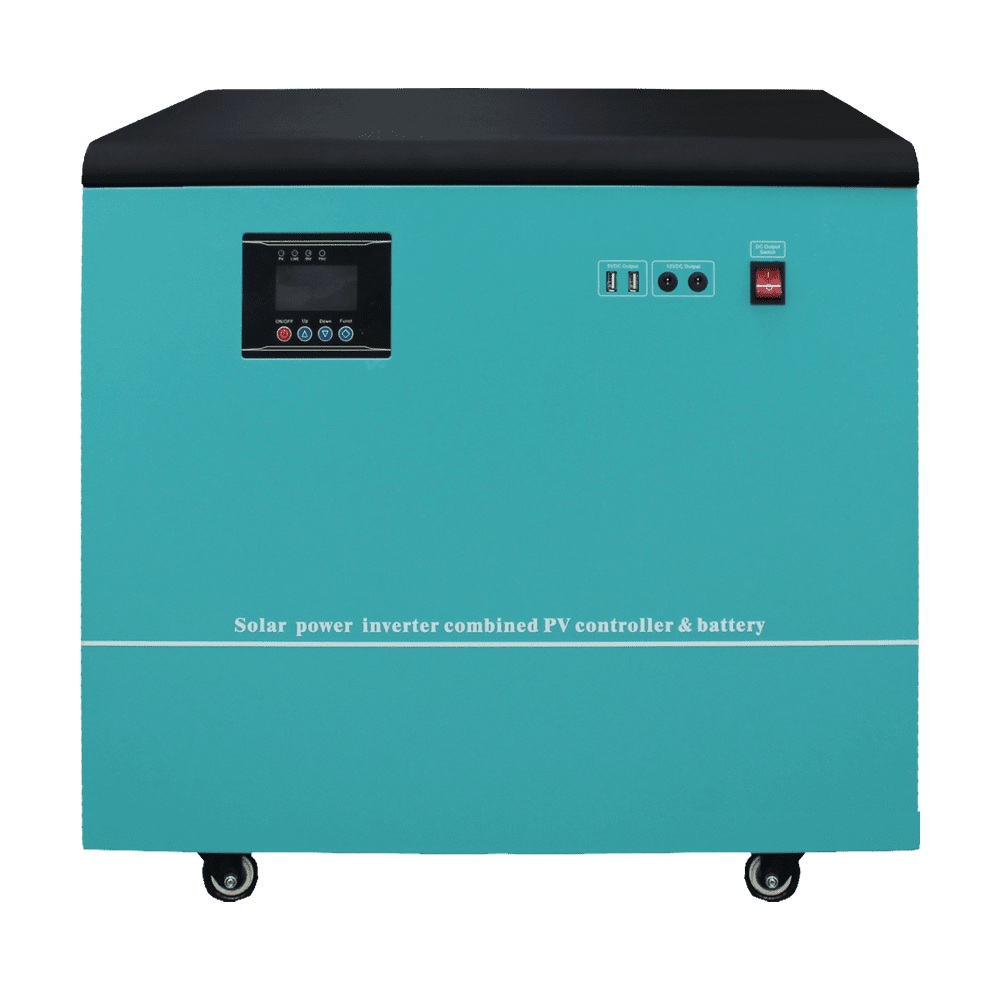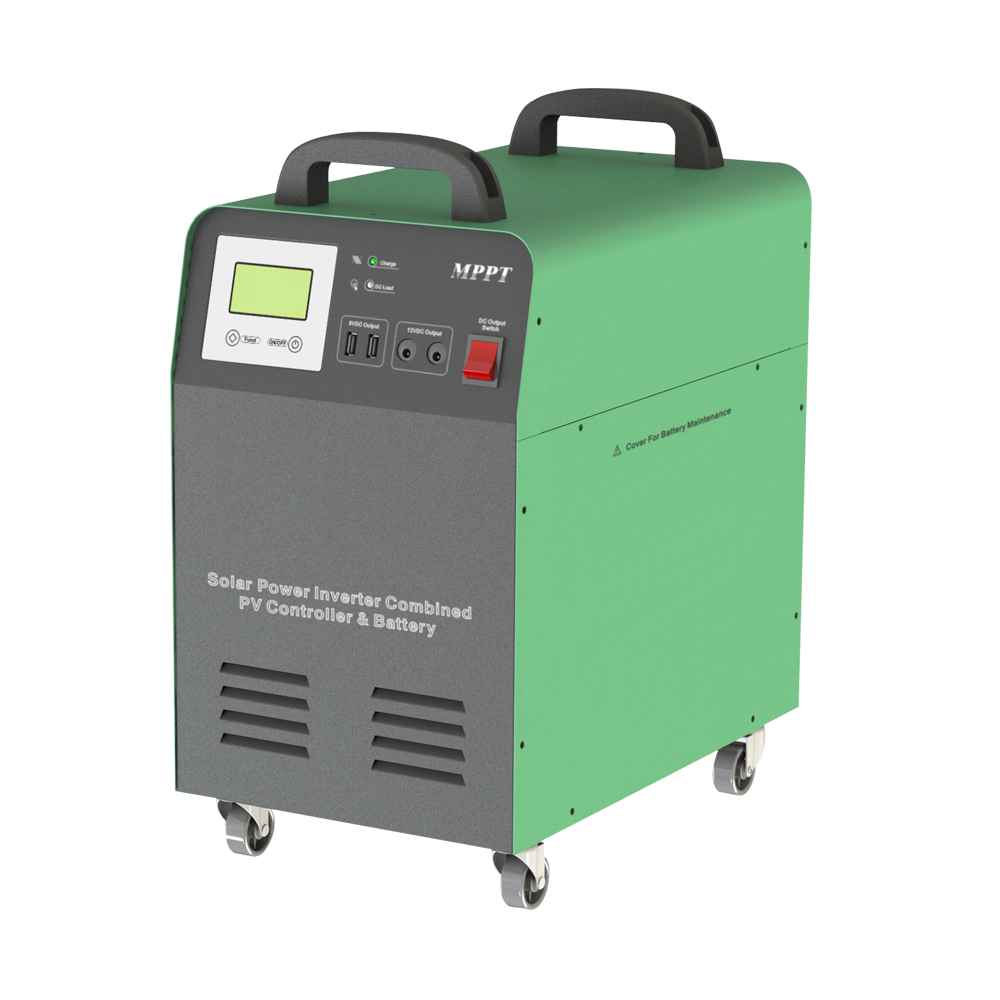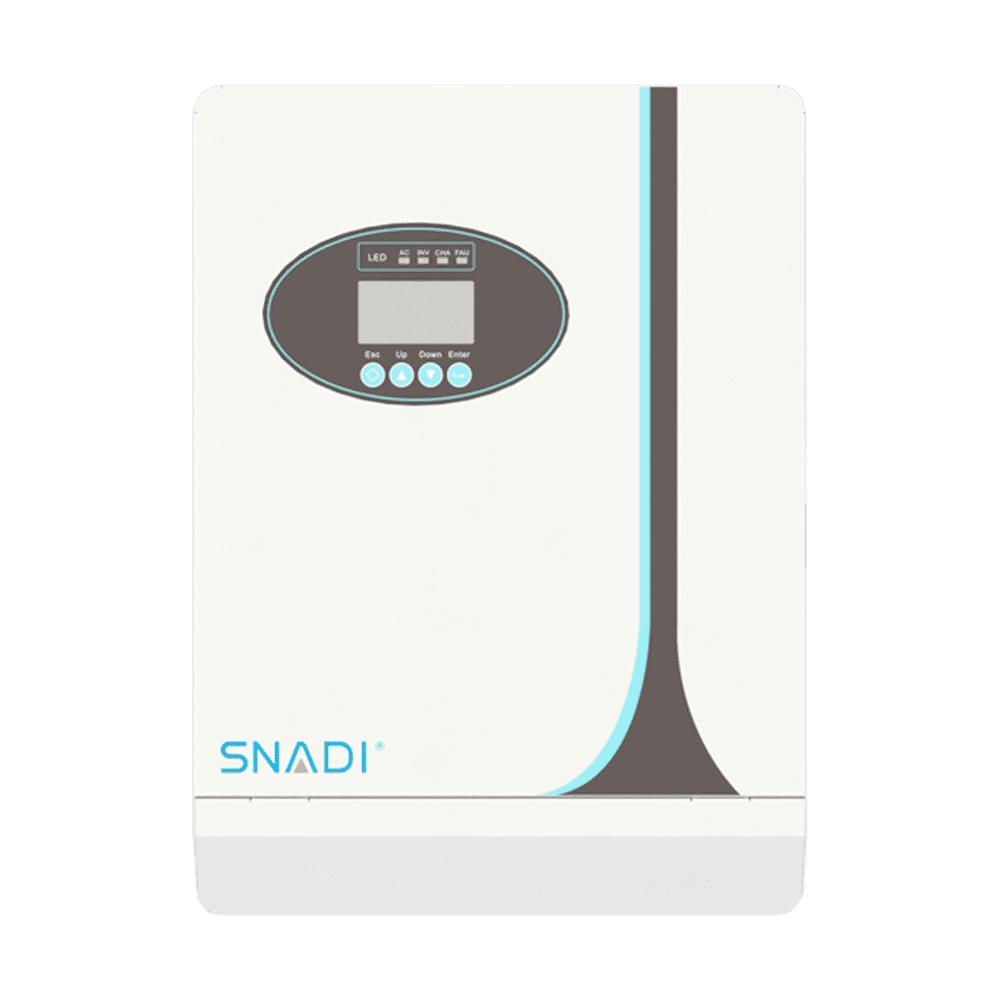Solar energy harnesses the power of the sun through the use of photovoltaic cells, which convert sunlight into electricity. This renewable energy source is clean, abundant, and sustainable, making it a compelling solution to reduce our carbon footprint and dependence on fossil fuels. In this article, we will delve into more about solar power inverters.
What Is A Solar Power Inverter?
A solar power inverter is a device that connects your solar panels to your home's electrical infrastructure. It takes the DC electricity produced by the solar panels and converts it into AC electricity that can be used to power your lights, appliances, and other devices.
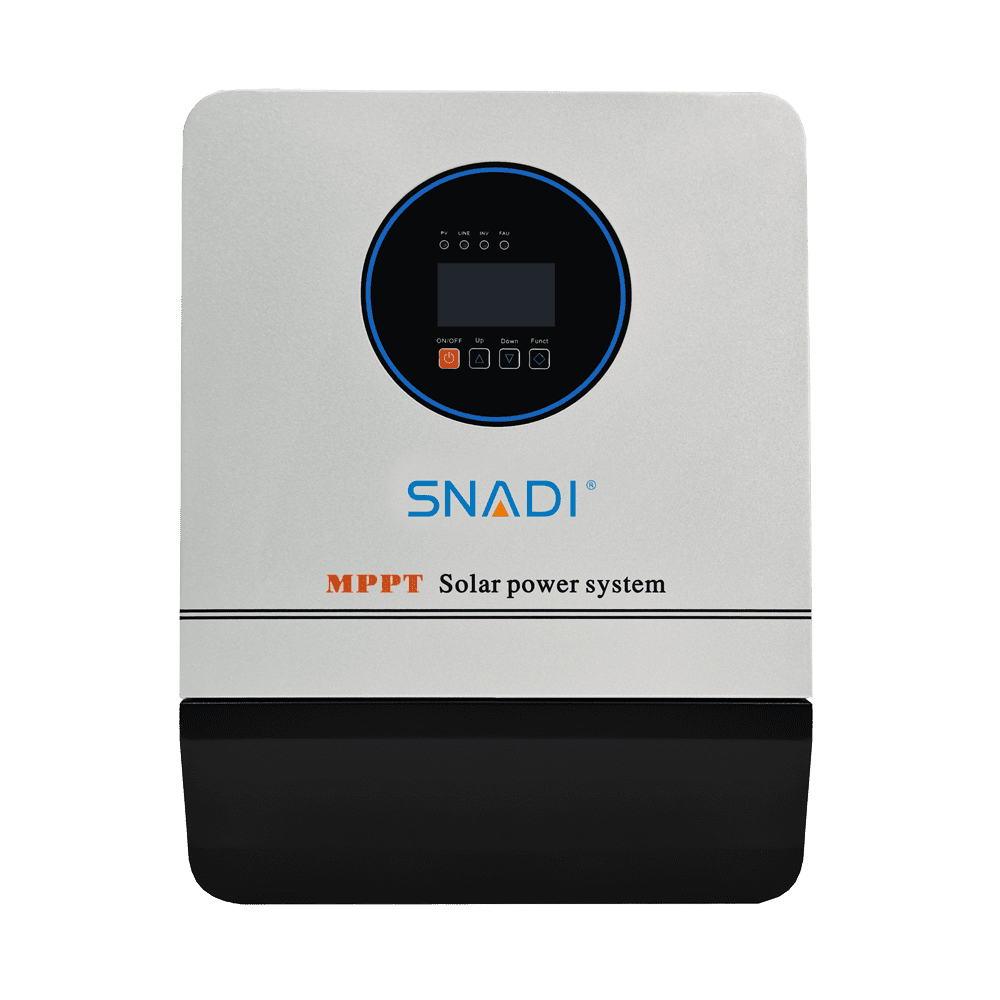
Importance Of Inverters In Solar Systems
Solar power systems are a remarkable solution for clean and sustainable energy, but without solar power inverters, the energy harnessed from the sun would remain untapped and unusable for most practical purposes. The importance of inverters in solar systems cannot be emphasized, as they serve as the critical connection that converts raw solar energy into electricity that powers our homes, companies, and other structures.
DC To AC Conversion
Solar panels generate direct current (DC) electricity, which is different from the alternating current (AC) electricity that powers our appliances and electronics. This is where solar power inverters play a pivotal role.
Enabling Integration With The Grid
In addition to converting the electricity, inverters also facilitate the integration of solar power systems with the larger electrical grid. This not only lowers your energy expenses but also helps to ensure the overall energy supply and sustainability.
Maximizing Energy Harvesting
Solar power inverters are designed to maximize energy harvesting by employing advanced technologies such as Maximum Power Point Tracking (MPPT). MPPT guarantees that solar panels work at peak efficiency, gathering as much sunlight as possible and transforming it into usable power.
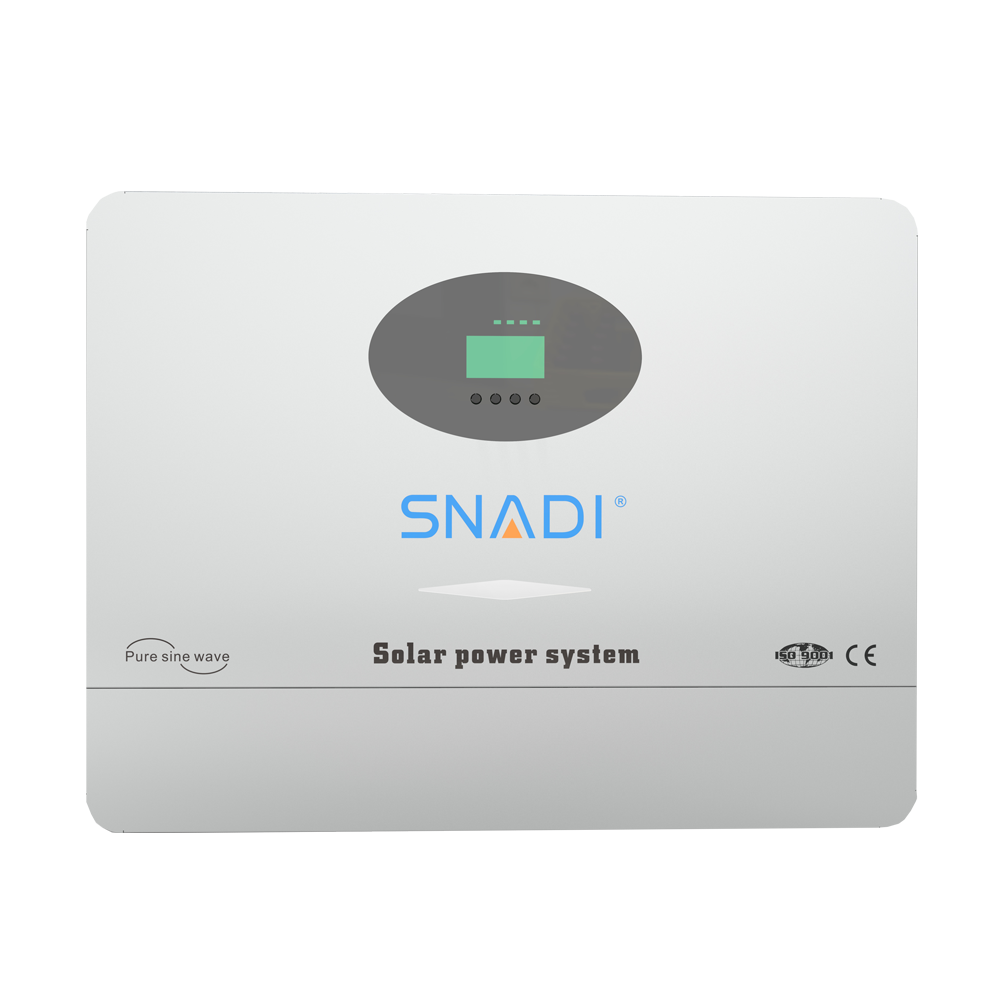
Types Of Solar Power Inverters
When it comes to solar power systems, the choice of inverter is a critical decision that significantly impacts the performance, efficiency, and versatility of your solar energy setup. Understanding the various varieties might assist you in tailoring your solar power system to your unique needs and preferences.
String Inverters
String inverters, also known as centralized inverters, are a common choice for residential and commercial solar installations. They are inexpensive and work by connecting many solar panels in series to convert the DC power of the entire string to AC electricity.
Microinverters
Microinverters are a relatively modern solar technology invention. Microinverters, as opposed to string inverters, are put directly on each solar panel. This decentralized approach allows each panel to operate independently, maximizing energy production and minimizing the impact of shading or malfunctions in individual panels.
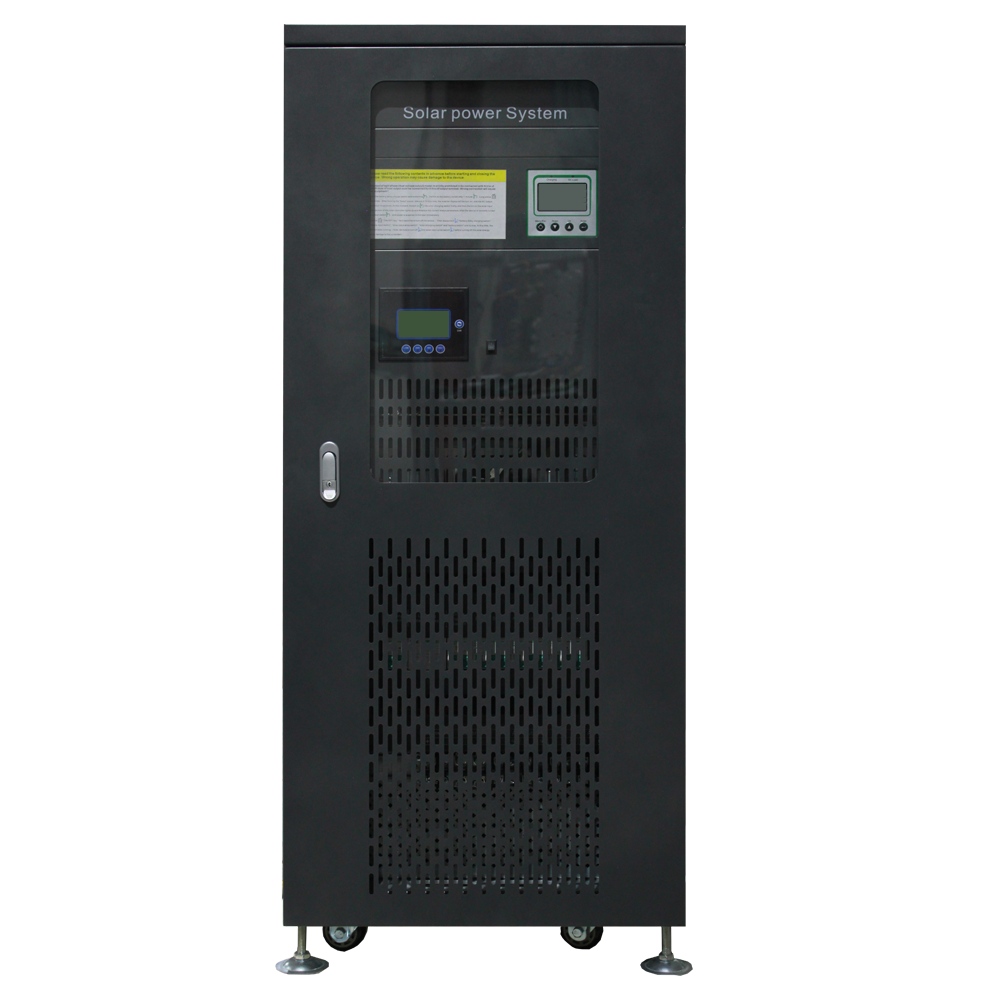
Hybrid Inverters
Hybrid inverters offer a blend of solar power conversion and energy storage capabilities. They are ideal for homes that wish to store excess solar energy in batteries for use during cloudy days or power outages. These inverters also enable homes to sell excess energy back to the power system.
Conclusion
A solar power inverter is a vital component of any solar energy system. It converts the DC electricity generated by solar panels into usable AC electricity, allowing you to power your house while also contributing extra energy to the grid.
Whether you're considering solar power inverters for your home or business, SNADI is your good choice. We offer a wide range of solar power inverters. Please feel free to contact us for more product details!

